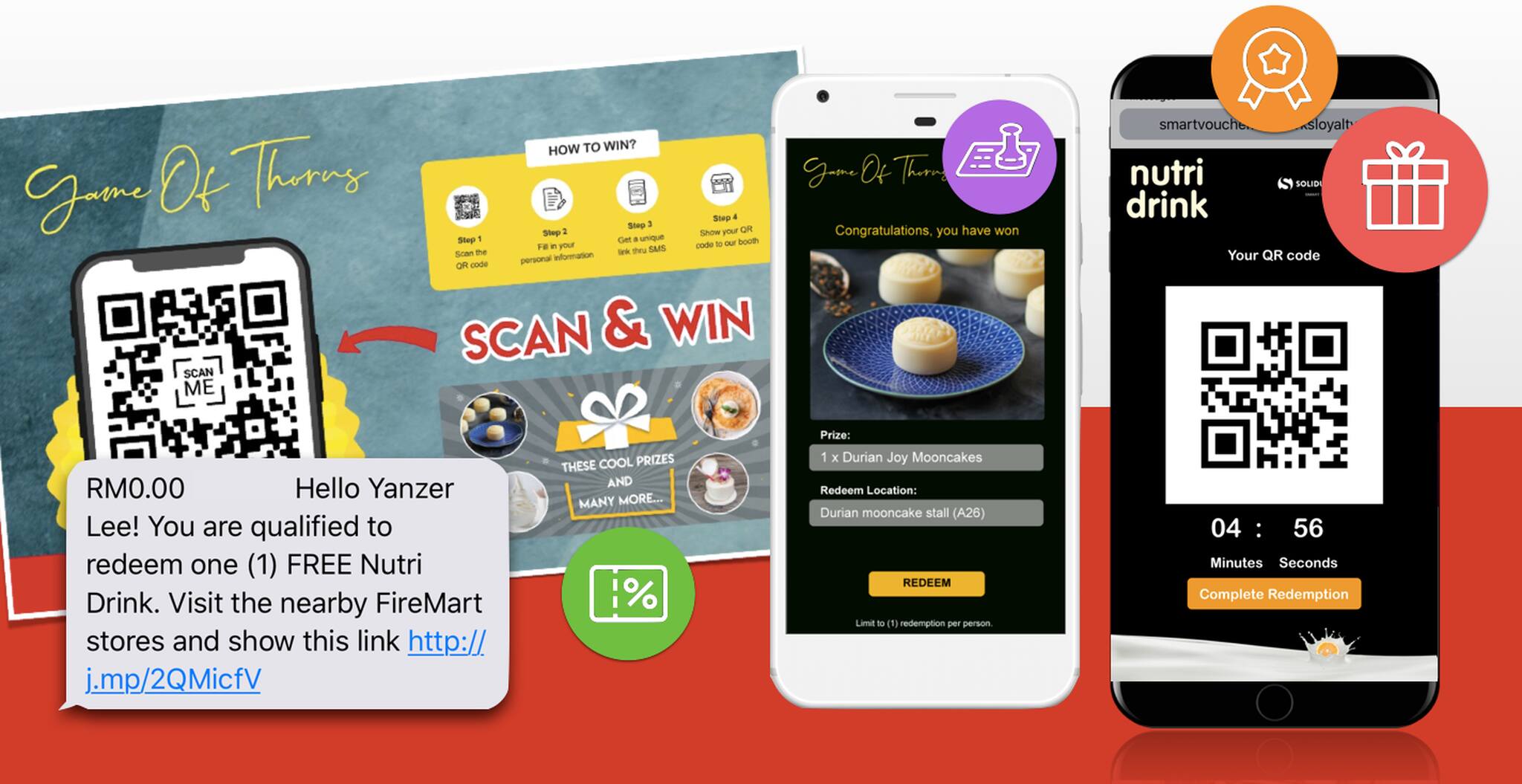Maximize Involvement with a Personalized Loyalty System for Your Company
Maximize Involvement with a Personalized Loyalty System for Your Company
Blog Article
Commitment System Insights: Rewarding Customers and Growing Your Brand
Loyalty programs have actually progressed beyond simple transactional incentives; they currently serve as calculated devices for fostering deeper customer relationships and enhancing brand name loyalty. The effect of a well-implemented commitment program expands beyond customer retention, driving advocacy and forming brand name perception in a competitive marketplace.
Recognizing Loyalty Programs

By examining this data, services can tailor their offerings to better fulfill customer demands, developing an extra customized buying experience. This personalization is pivotal in developing trust fund and emotional connections, which are important for brand commitment. Moreover, commitment programs can enhance consumer engagement through unique deals, rewards, and experiences that reverberate with consumers, strengthening their dedication to the brand name.
Furthermore, commitment programs can add to enhanced customer lifetime value, as dedicated and pleased clients are more probable to make regular acquisitions and refer others. Inevitably, when carried out effectively, loyalty programs not just incentivize instant sales but likewise grow a community of brand advocates, thereby driving lasting development for companies in an affordable industry.
Kinds of Reward Systems
Numerous kinds of reward systems exist within loyalty programs, each developed to deal with various consumer choices and company objectives. One prominent strategy is the points-based system, where clients make factors for each acquisition, which can later be retrieved for items or discounts. This version encourages repeat deals and fosters a feeling of success as consumers gather factors.
An additional effective kind is tiered incentives, which incentivizes clients to reach greater degrees of commitment. As consumers proceed via tiers, they open significantly important benefits, consequently boosting consumer engagement and retention. This system compensates both initial spending and recurring commitment, making clients feel valued.
Cashback incentives are also widespread, supplying consumers a portion of their acquisition back as cash or debt. This uncomplicated method interest price-sensitive consumers and can drive extra constant purchases.
Last but not least, experiential incentives provide special experiences, such as special events or early accessibility to items. These benefits create unforgettable interactions with the brand, cultivating deeper psychological connections.
Each of these systems offers unique benefits, enabling services to customize their loyalty programs to align with their client demographics and strategic goals.

Benefits of Carrying Out Commitment Programs
Executing commitment programs uses various advantages that can dramatically improve a service's partnership with its customers. By rewarding repeat acquisitions, companies foster a sense of belonging, encouraging customers to return more frequently.
Additionally, commitment programs allow services to collect important information on customer choices and acquiring behaviors. This info can be analyzed to tailor advertising and marketing initiatives, leading to even more individualized and reliable campaigns. The insights obtained can aid businesses recognize patterns, enhance item offerings, and enhance client fulfillment.
Additionally, commitment programs usually develop an one-upmanship in jampacked markets. By establishing a solid commitment structure, companies can separate themselves, bring in customers that focus on brand names that worth their commitment.
Finally, a well-structured loyalty program can cultivate brand campaigning for. Dedicated clients are most likely to advise a brand to others, successfully turning them into brand ambassadors. To conclude, applying loyalty programs is a tactical relocation that can yield significant advantages, ultimately driving long-term moved here service development and success.
Strategies for Effective Engagement
Effective interaction is crucial for maximizing the benefits of commitment programs and ensuring continual customer interest. Loyalty System. To cultivate meaningful connections, companies should embrace a multi-faceted method that highlights interaction, value, and personalization
First, leveraging customer information to create customized experiences enhances involvement. By evaluating acquisition background and choices, brand names can offer customized rewards or referrals that reverberate with private customers. This targeted approach not only increases contentment but likewise urges repeat interactions.
2nd, routine and clear communication is crucial. Making use of different networks, such as e-mail e-newsletters, social media, and mobile applications, ensures customers are educated regarding promos, benefits, and program updates. Consistent messaging keeps the brand name top-of-mind and strengthens the value of loyalty involvement.
Last but not least, integrating gamification components can significantly improve involvement. Attributes such as factor accumulation, difficulties, and tiered benefits produce a feeling of success and exhilaration, motivating clients to engage more proactively with the program.
Integrating these approaches grows a dedicated customer base, driving sustained development and brand fondness while taking full advantage of the possibility of loyalty programs. link By focusing on efficient involvement, organizations can strengthen links and boost the total consumer experience.
Determining Success and ROI
To accurately assess the effectiveness of commitment programs, organizations should develop clear metrics for gauging success and roi (ROI) Key efficiency indicators (KPIs) such as client retention price, ordinary order value, and the frequency of repeat acquisitions provide quantifiable insights into program efficiency.
In addition, tracking the total effect on consumer lifetime value (CLV) is important. A successful loyalty program need to boost CLV by fostering customer loyalty and motivating repeat transactions (Loyalty System). Businesses must also think about the price of maintaining the program and implementing against the income created through loyal clients
An additional important method is to assess consumer interaction metrics, such as participation prices in loyalty tasks and the index redemption of rewards. This information allows firms to fine-tune their offerings and boost customer experiences.
In addition, using advanced analytics and customer responses can better support the analysis of commitment program effectiveness. By integrating qualitative understandings with quantitative data, organizations can change methods to maximize efficiency. Eventually, a thorough measurement structure will certainly make it possible for organizations to recognize real worth of their loyalty programs and make notified choices for future development.
Conclusion
In final thought, commitment programs serve as a vital device for boosting consumer engagement and cultivating brand commitment. The calculated application of these programs not only increases consumer retention but additionally changes completely satisfied clients right into advocates, contributing to brand name development and affordable benefit.
Commitment programs have actually advanced beyond plain transactional incentives; they now serve as strategic devices for fostering deeper client connections and enhancing brand commitment. As consumers proceed with tiers, they unlock increasingly valuable benefits, therefore enhancing customer engagement and retention. An effective loyalty program ought to enhance CLV by promoting customer commitment and motivating repeat transactions.In verdict, commitment programs serve as an important mechanism for enhancing client engagement and cultivating brand name loyalty. The tactical execution of these programs not just enhances consumer retention but additionally transforms pleased clients right into supporters, adding to brand development and competitive benefit.
Report this page